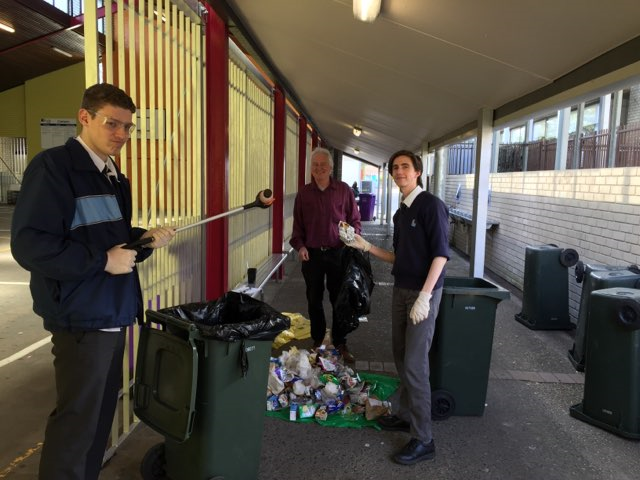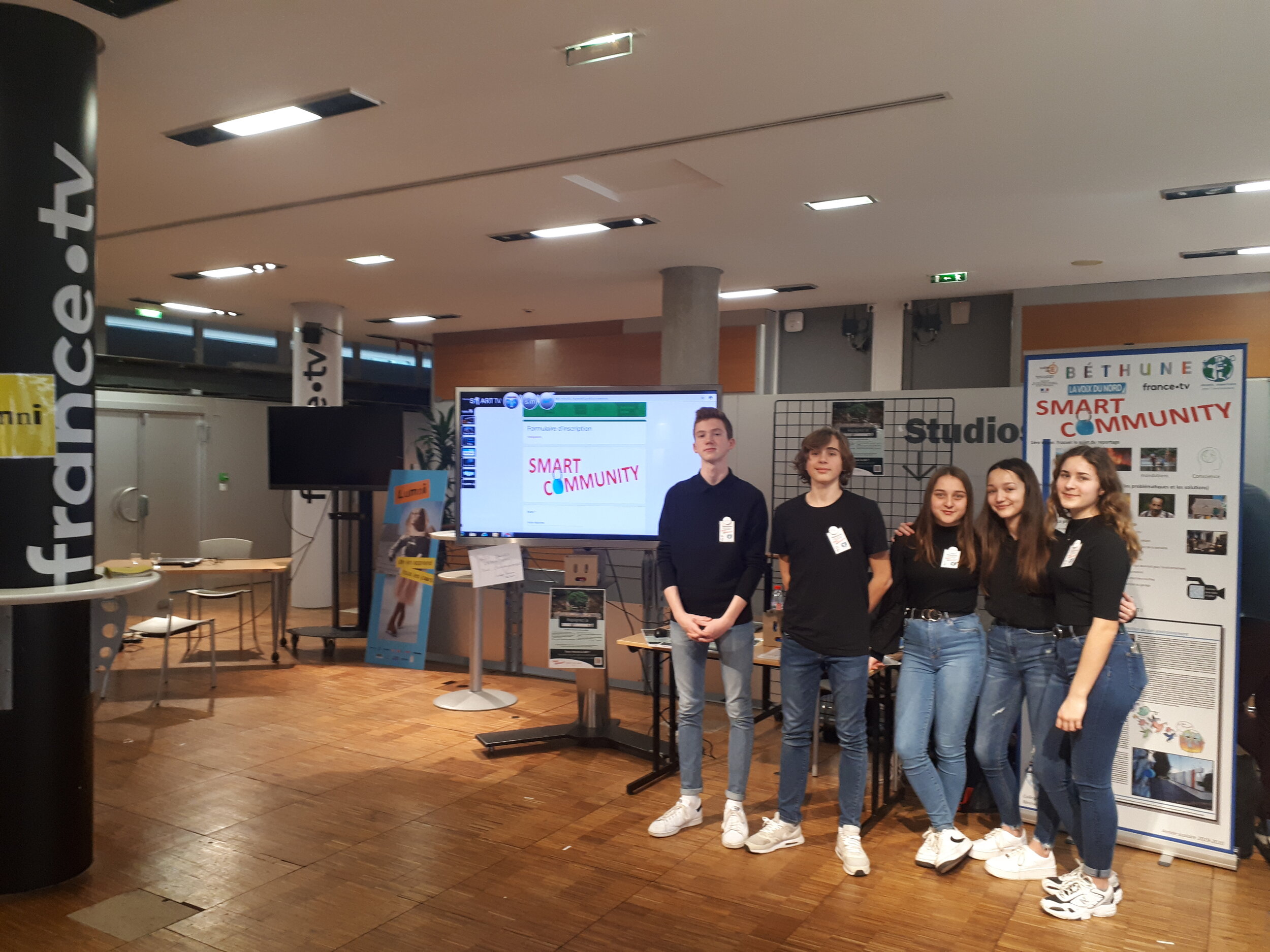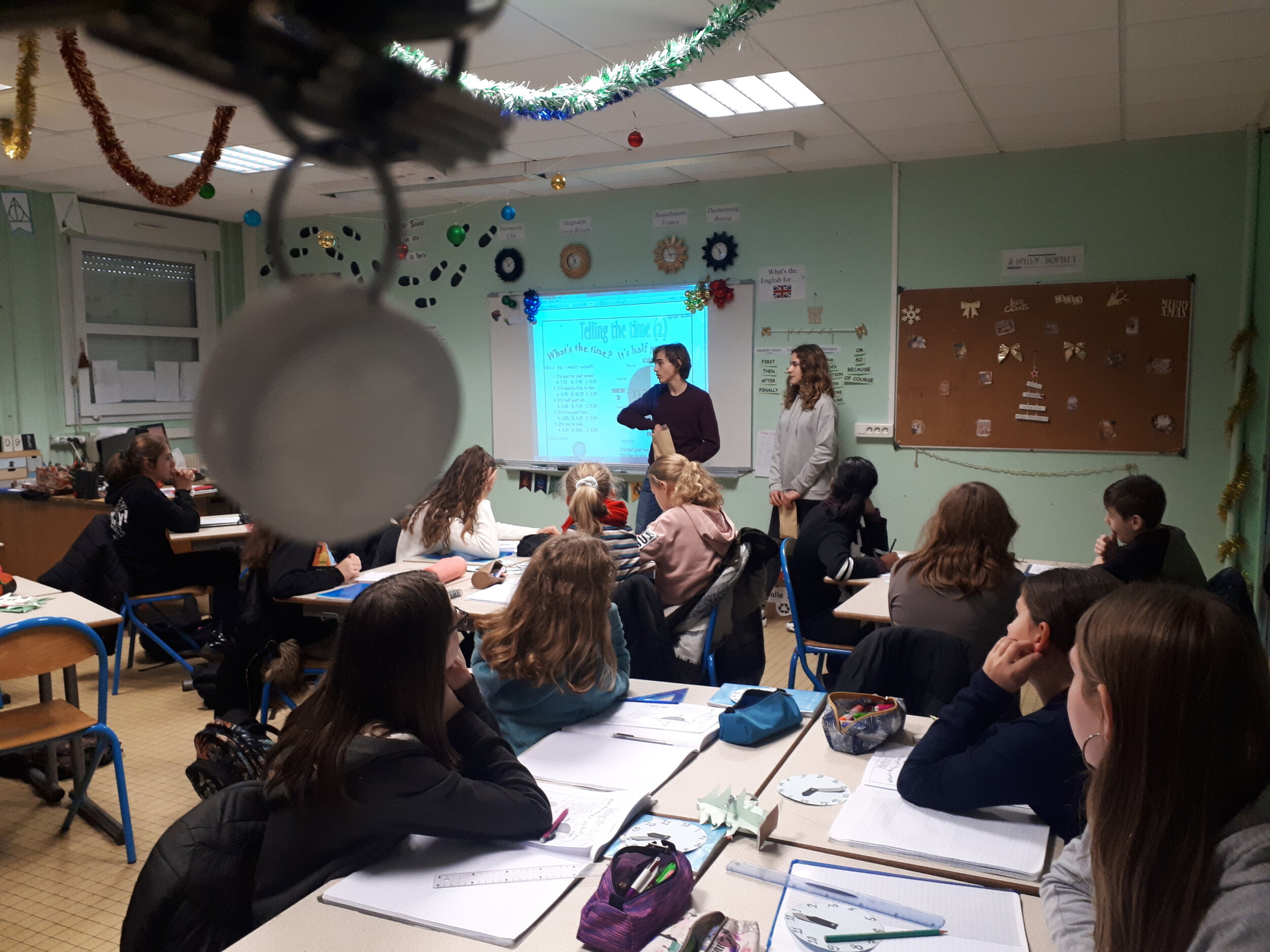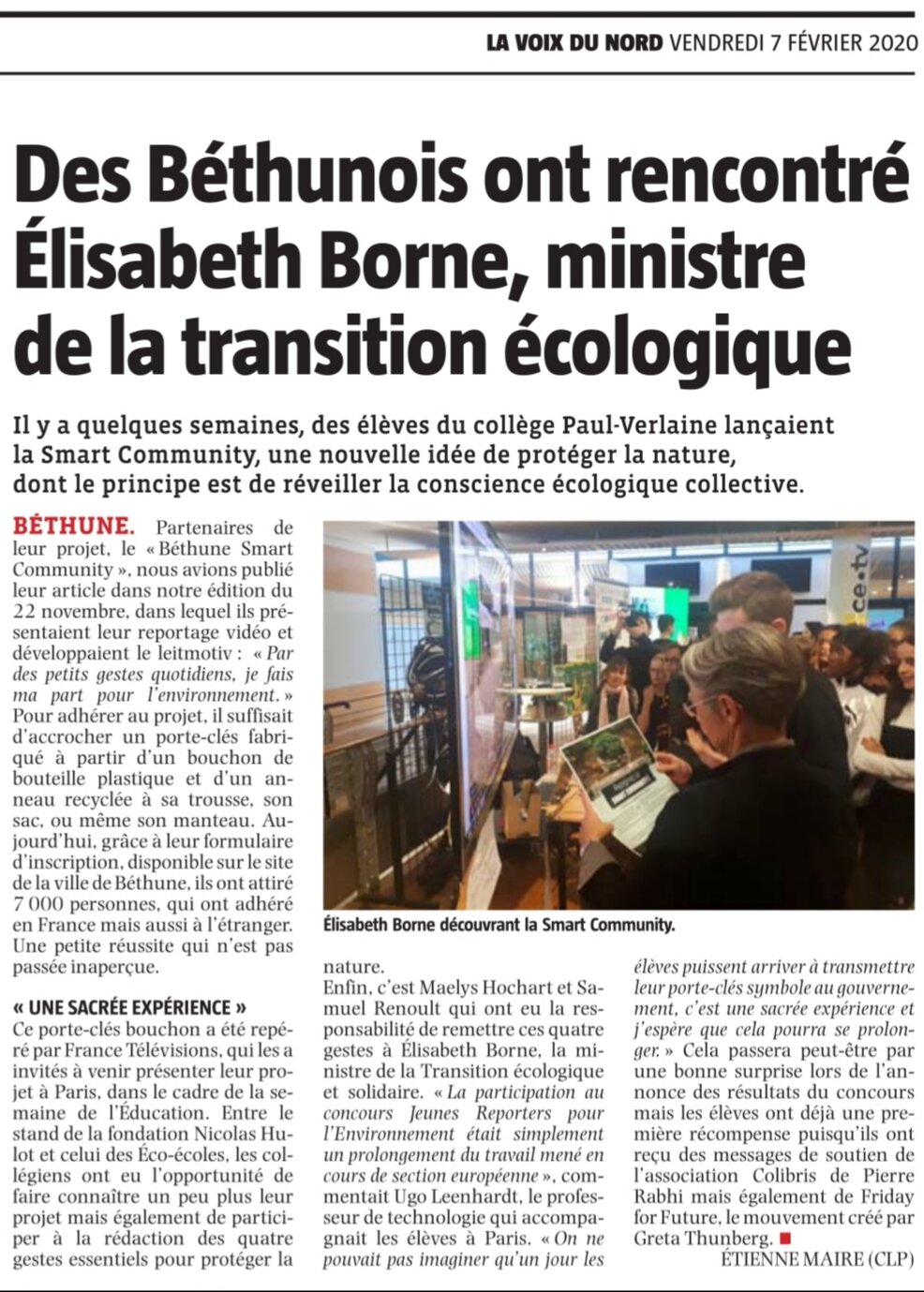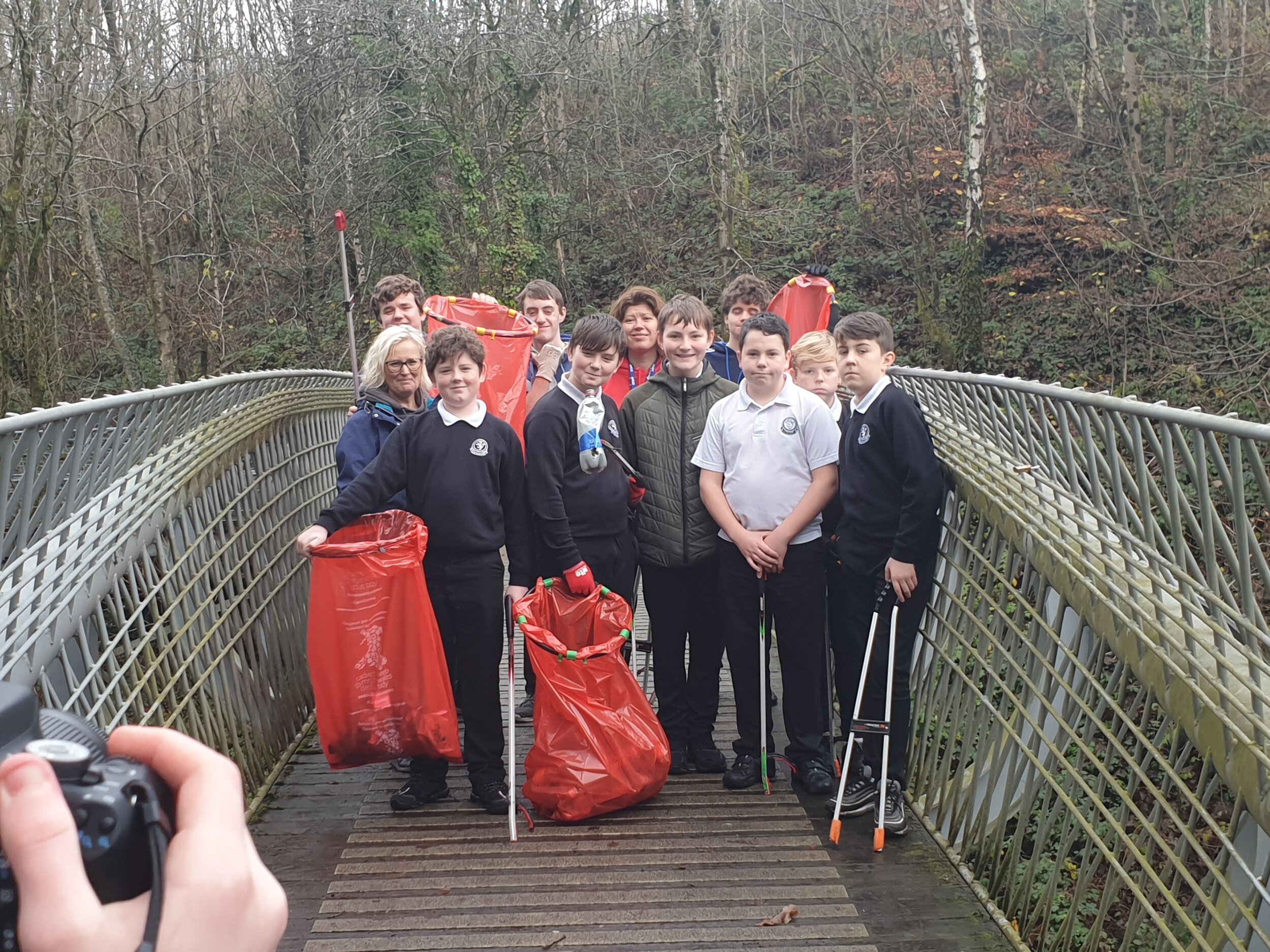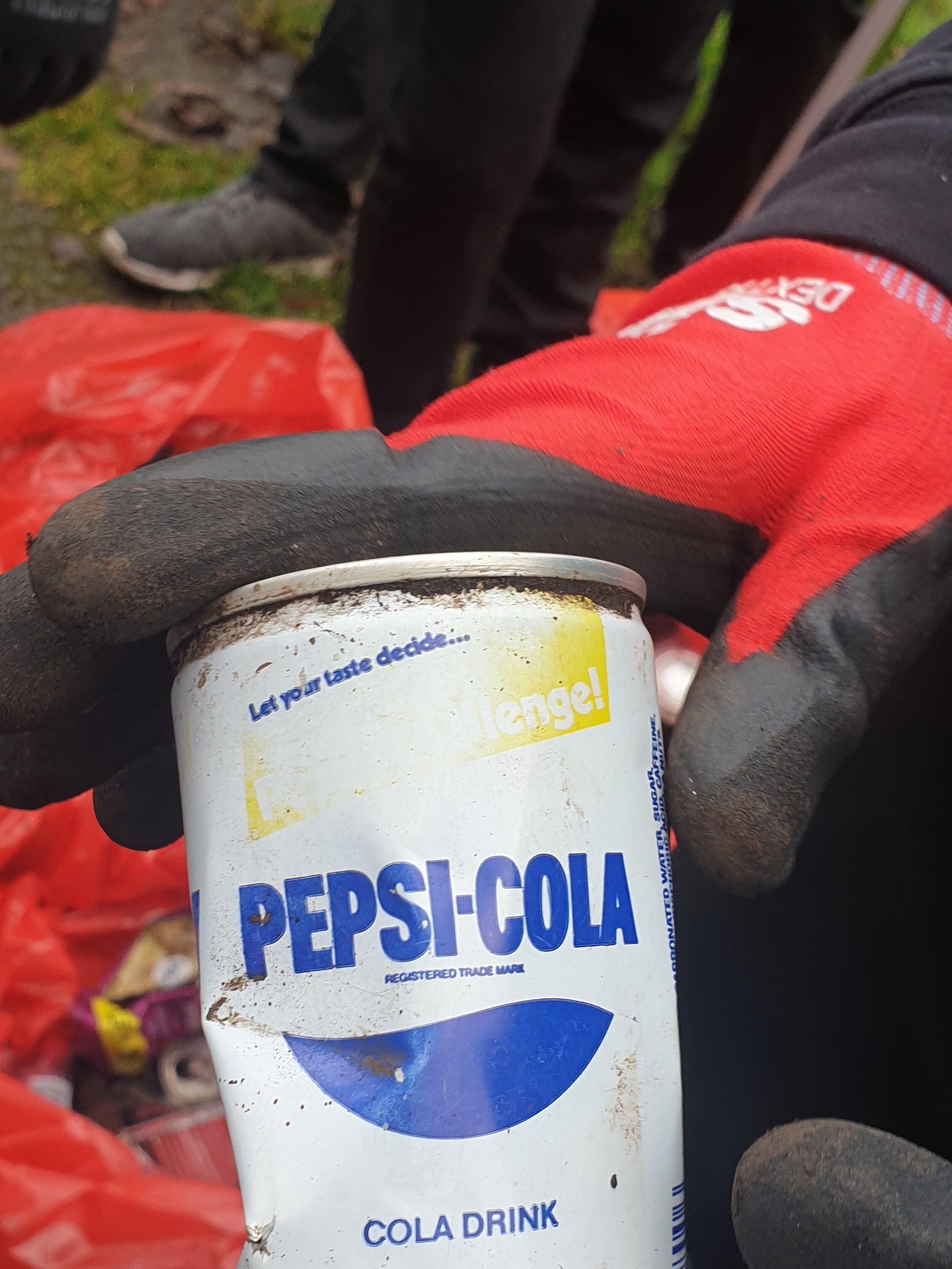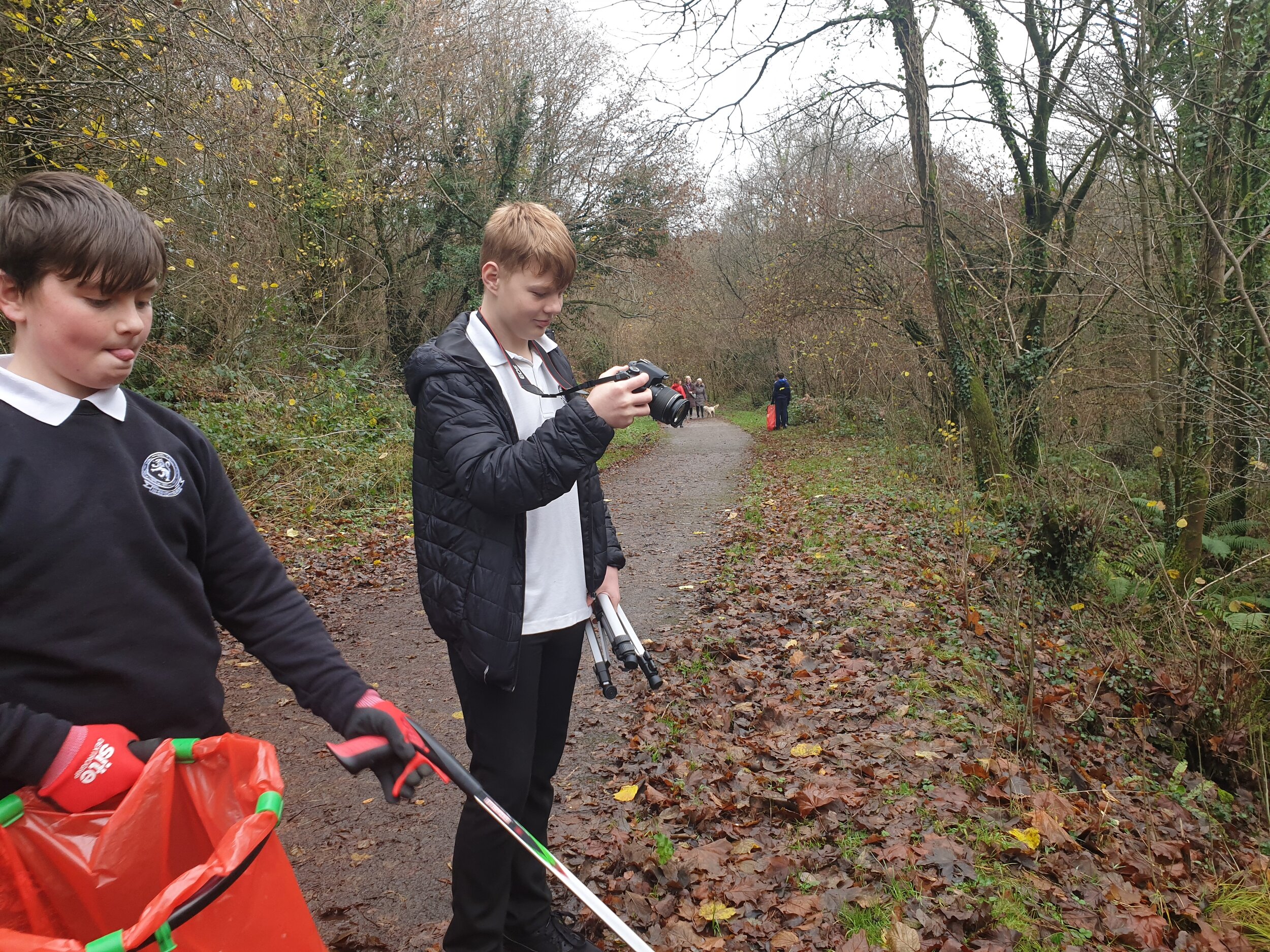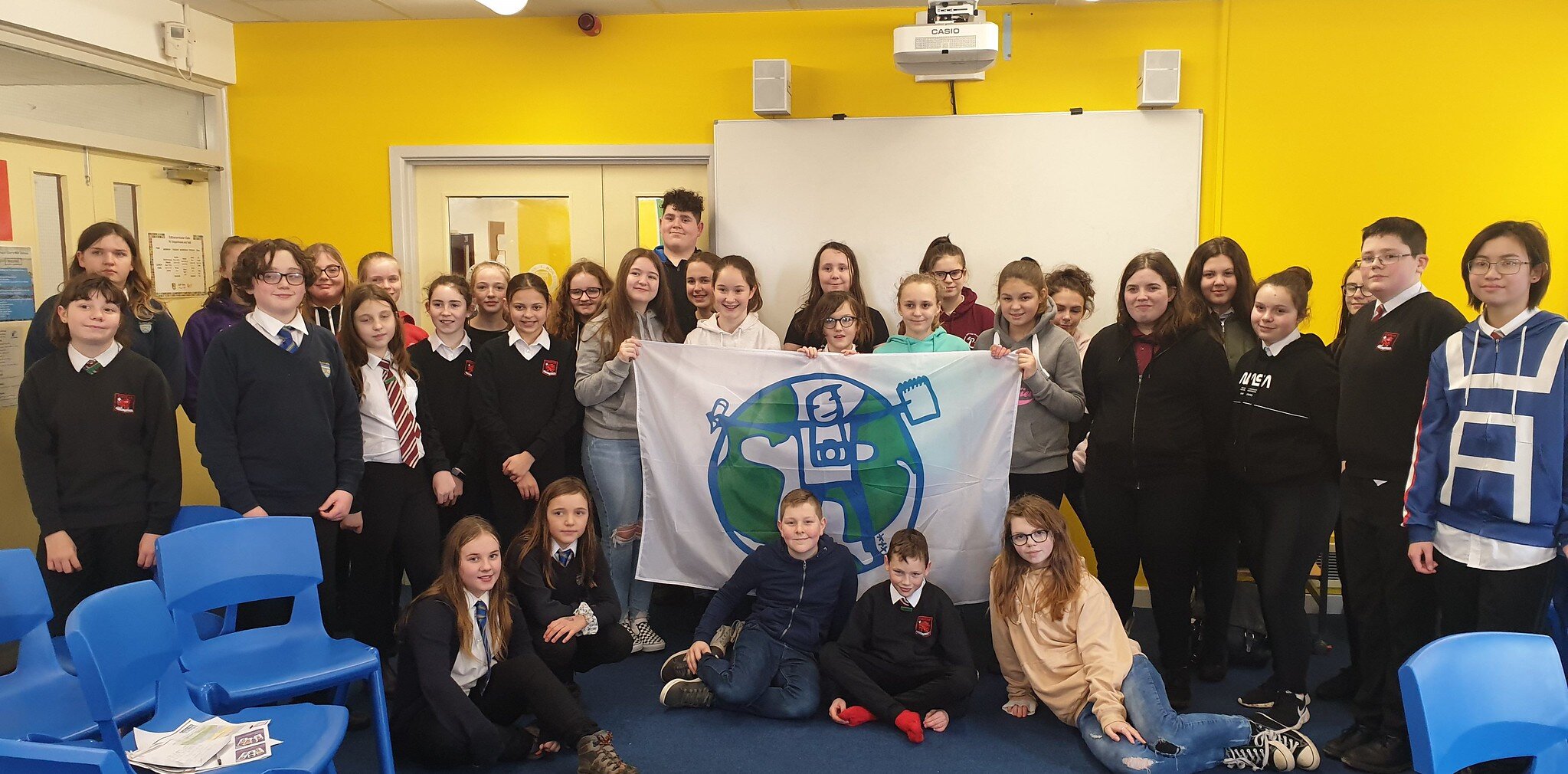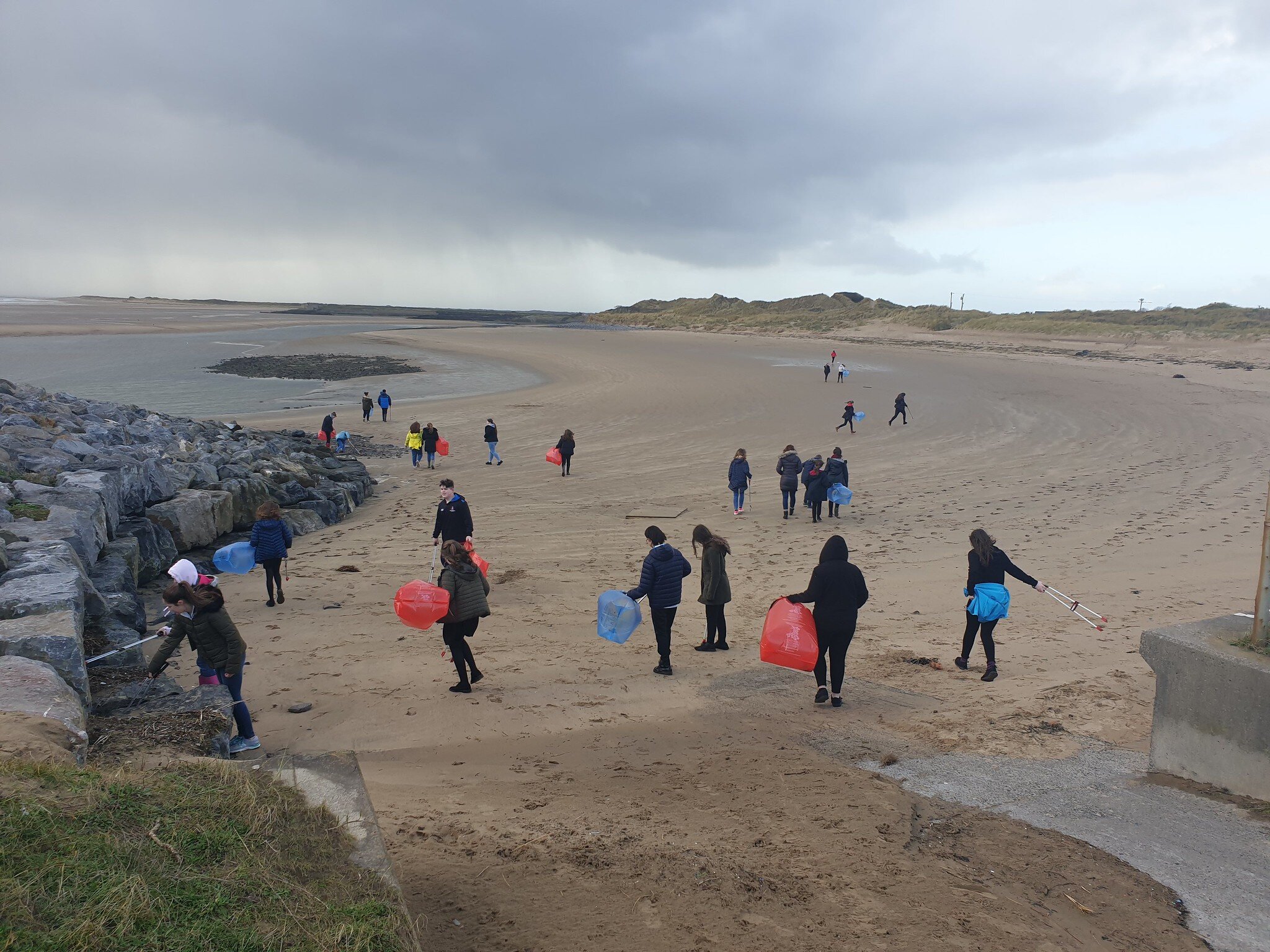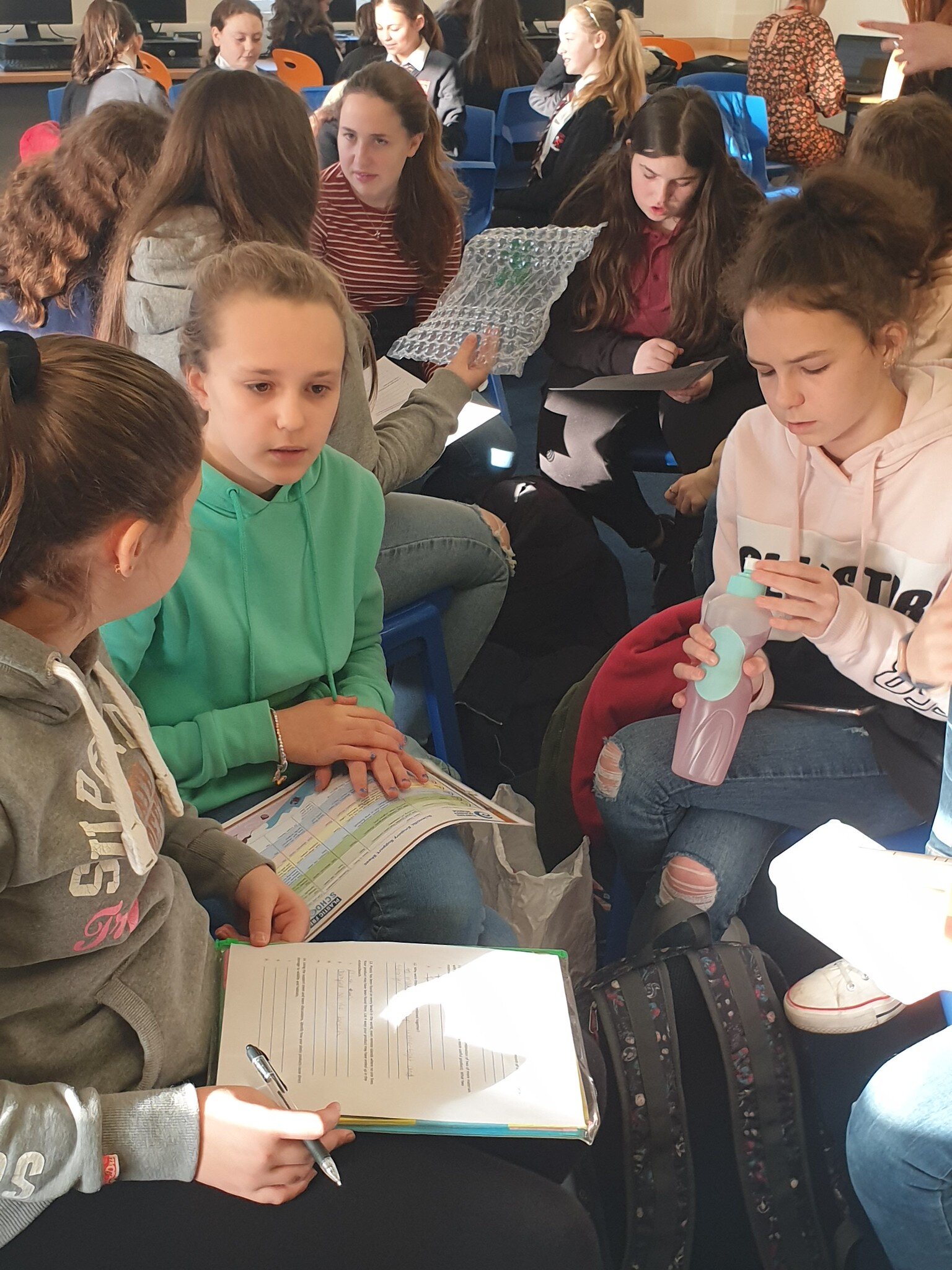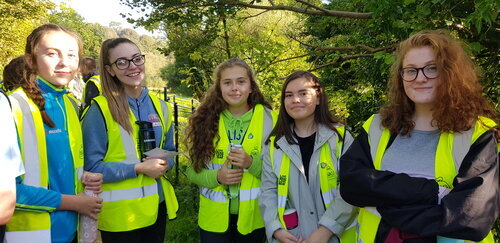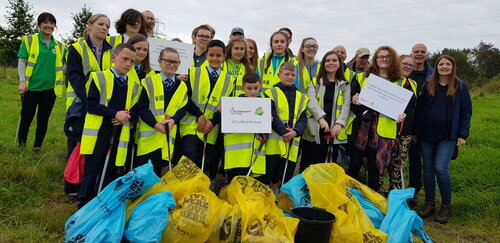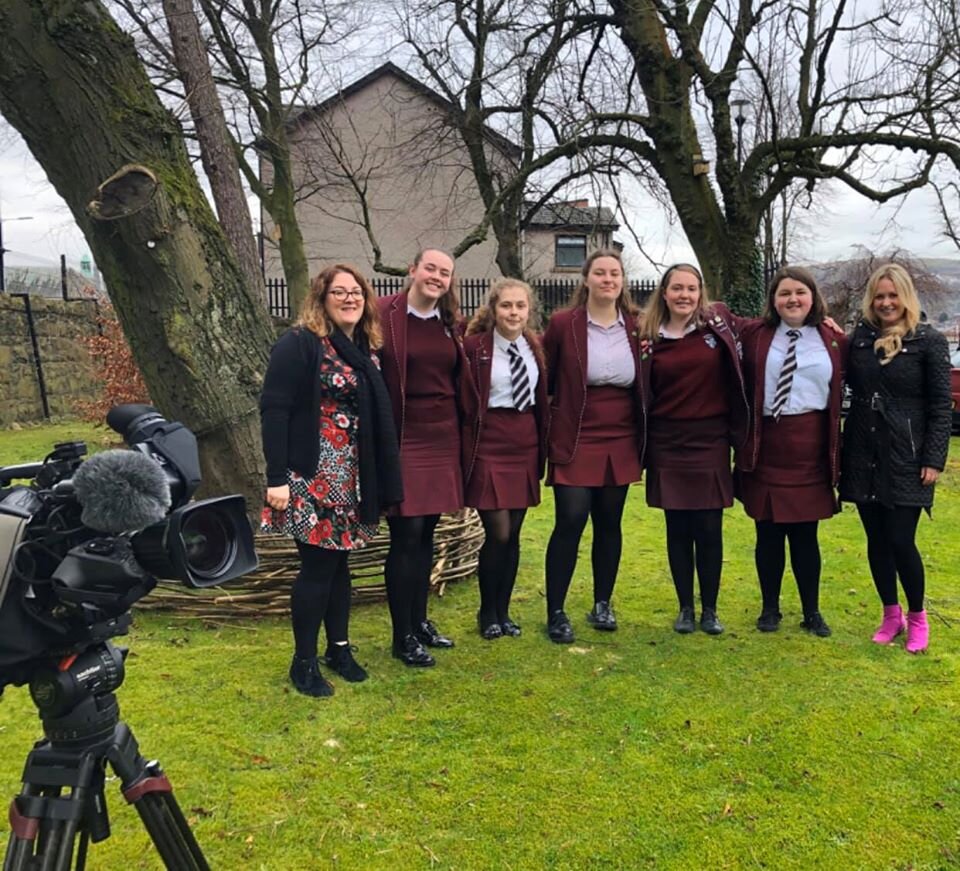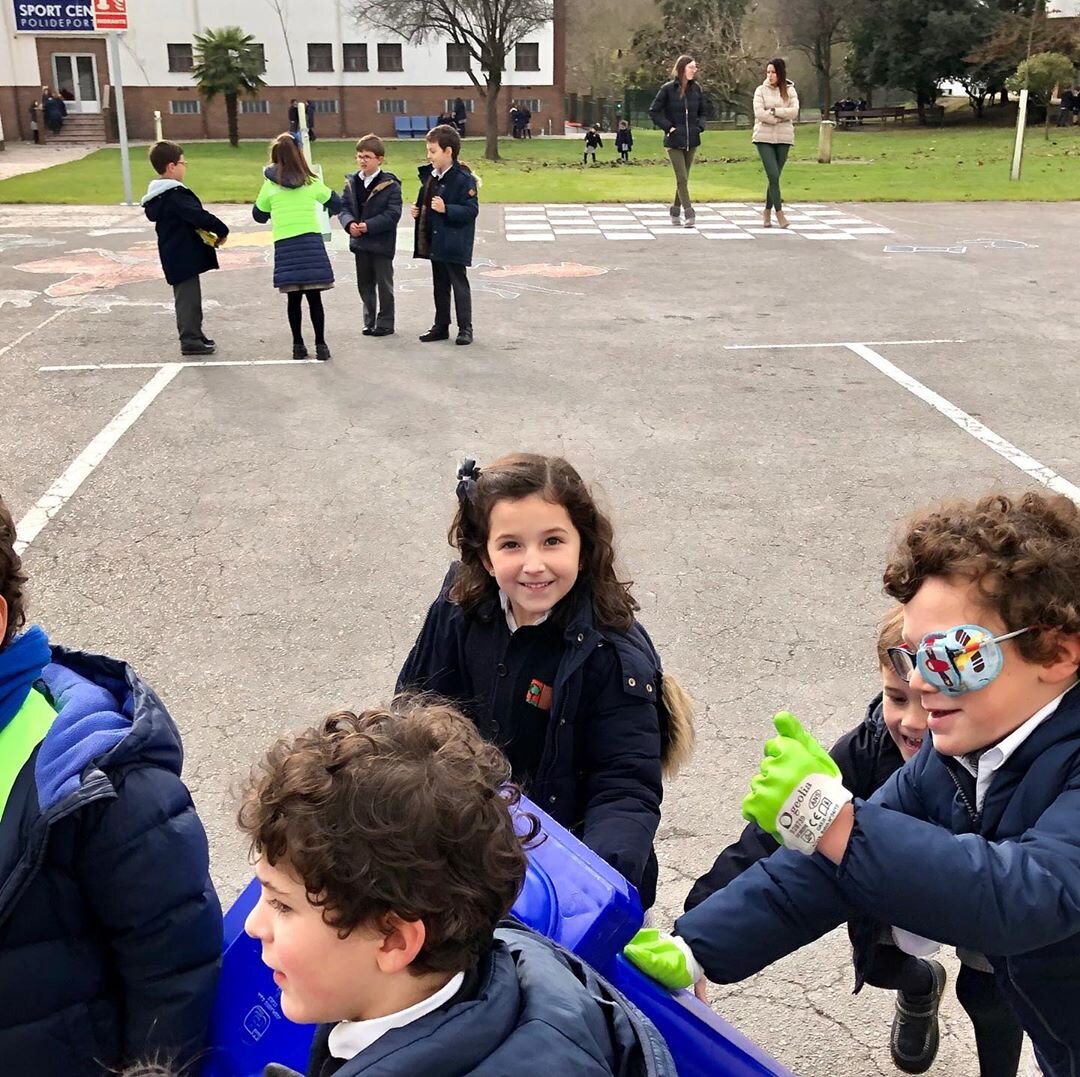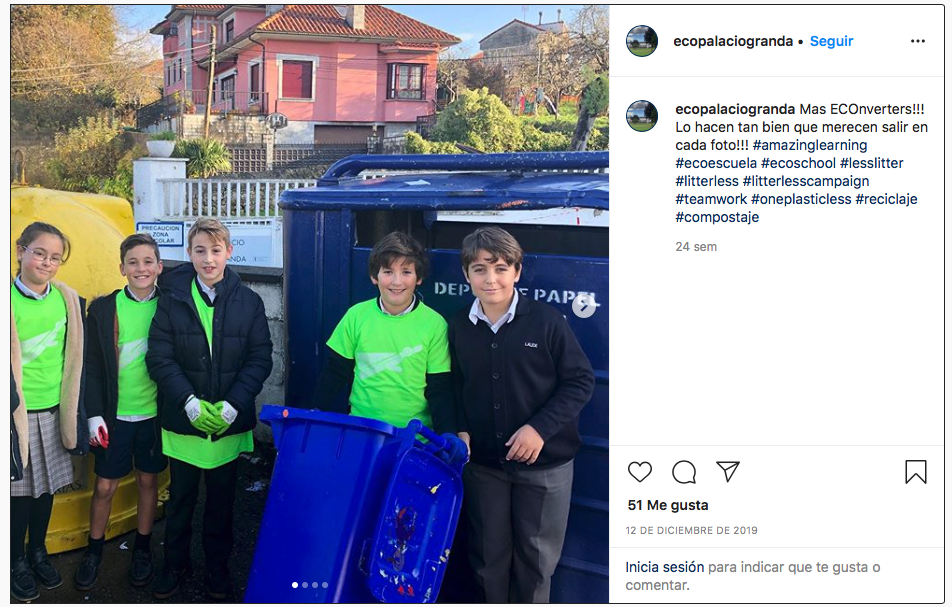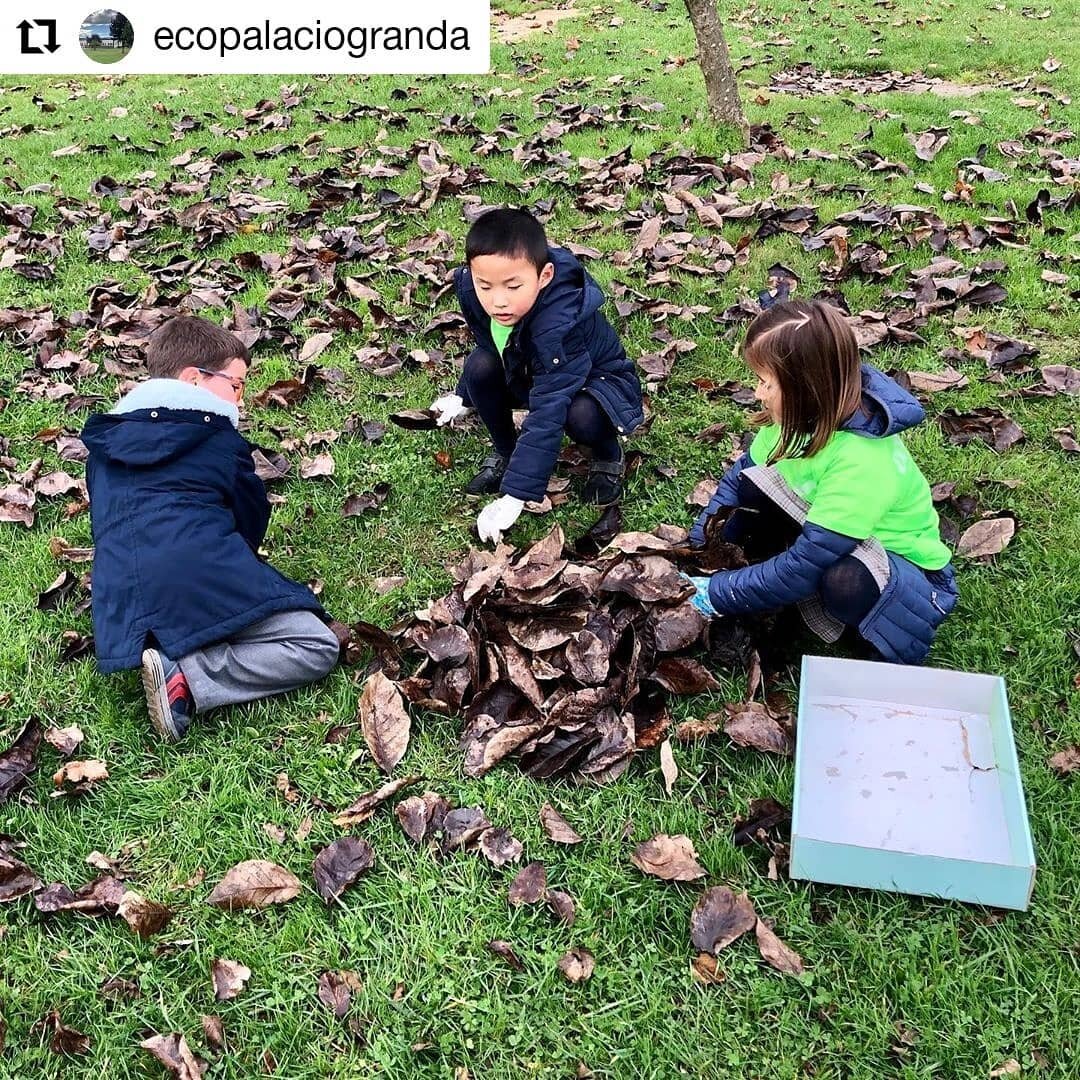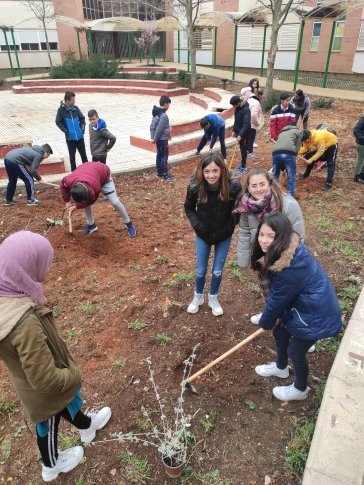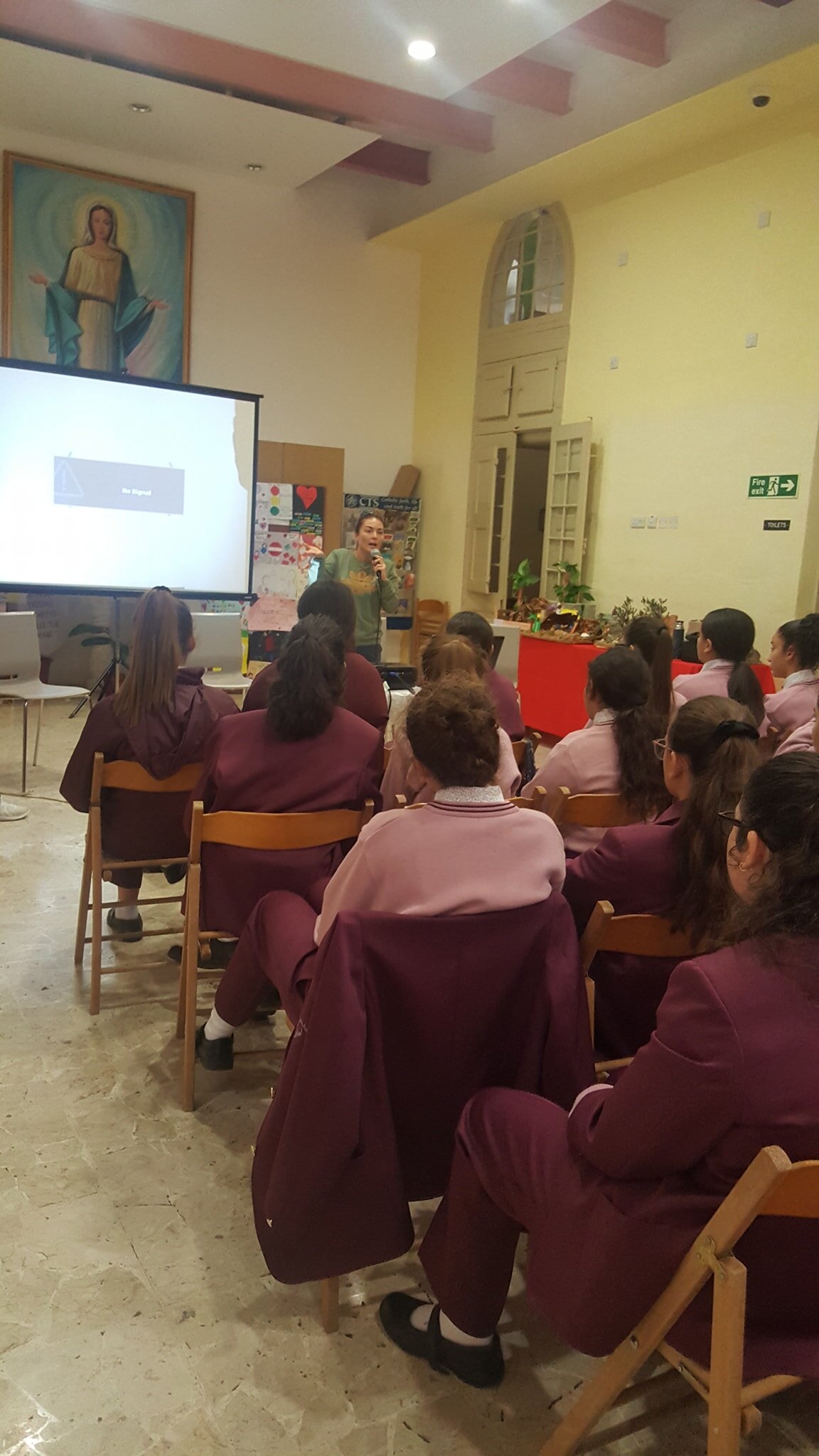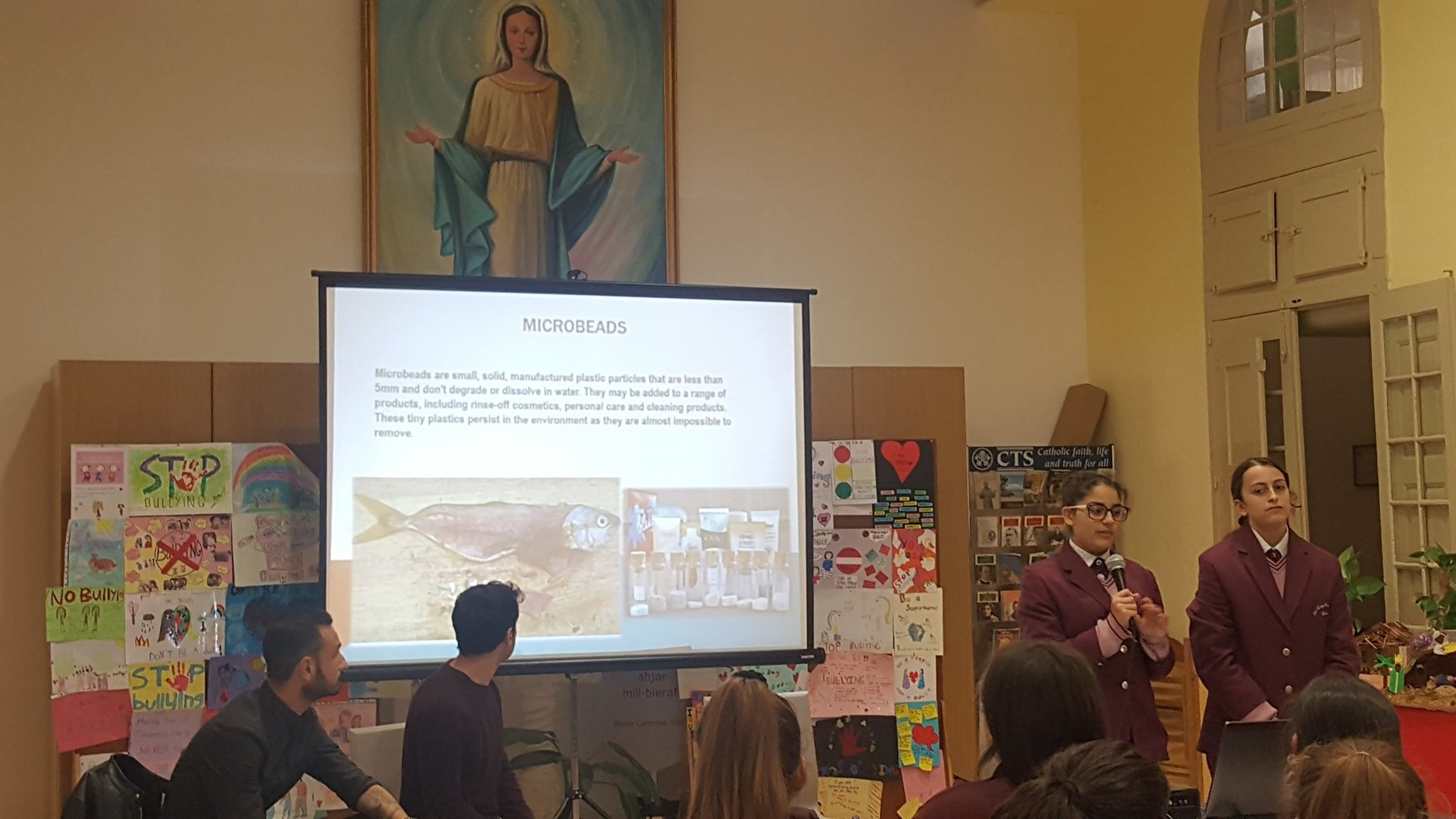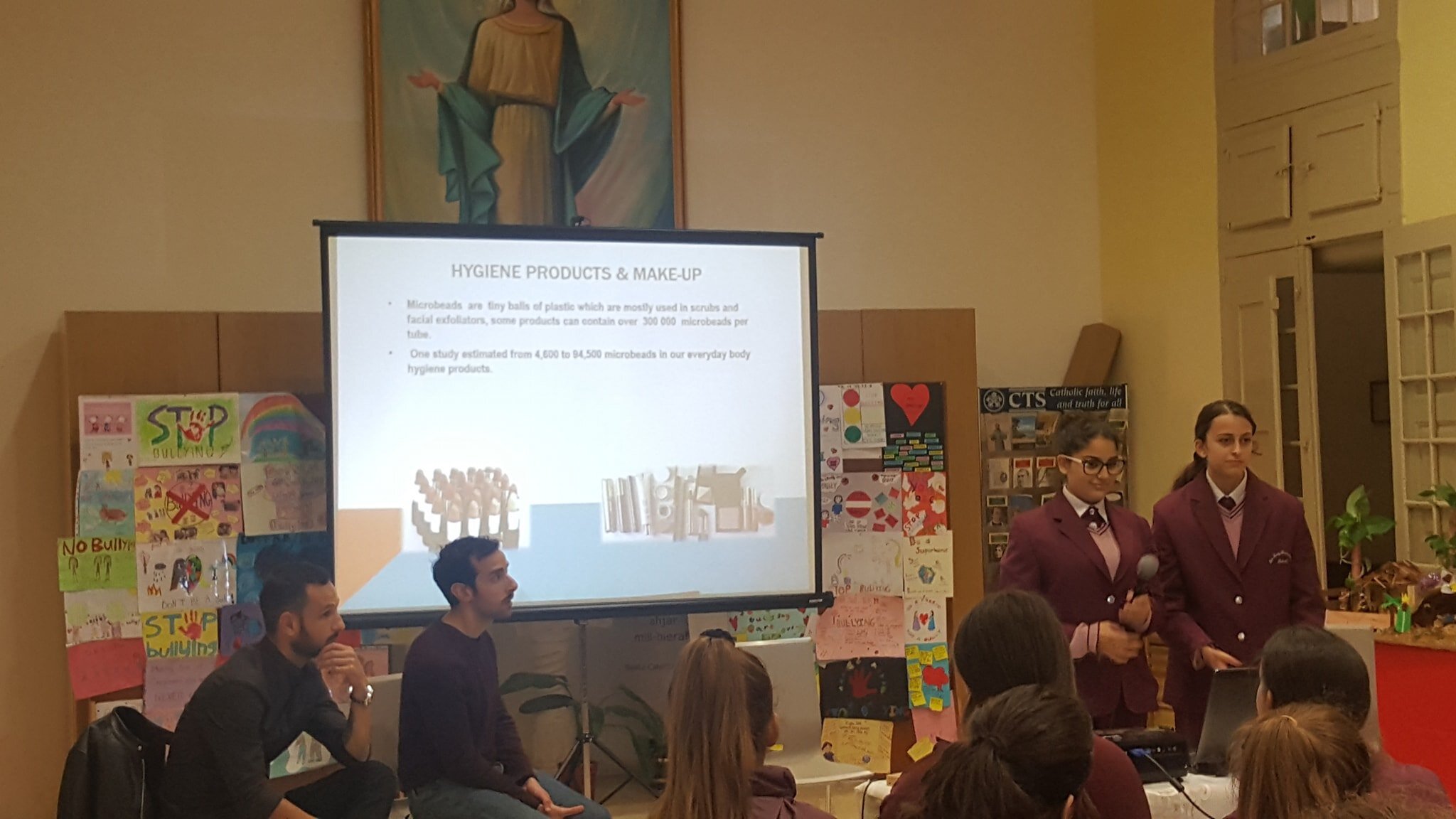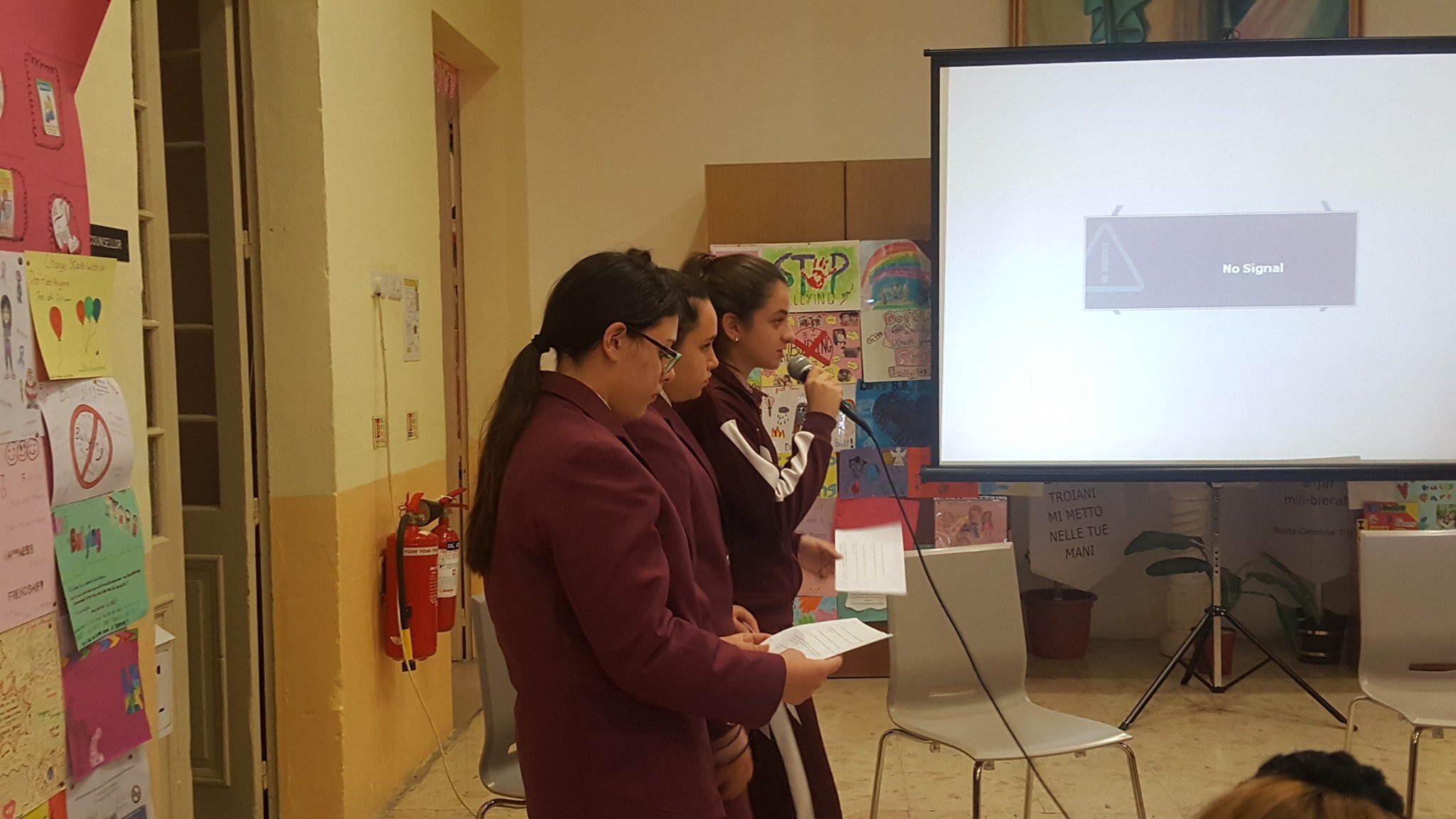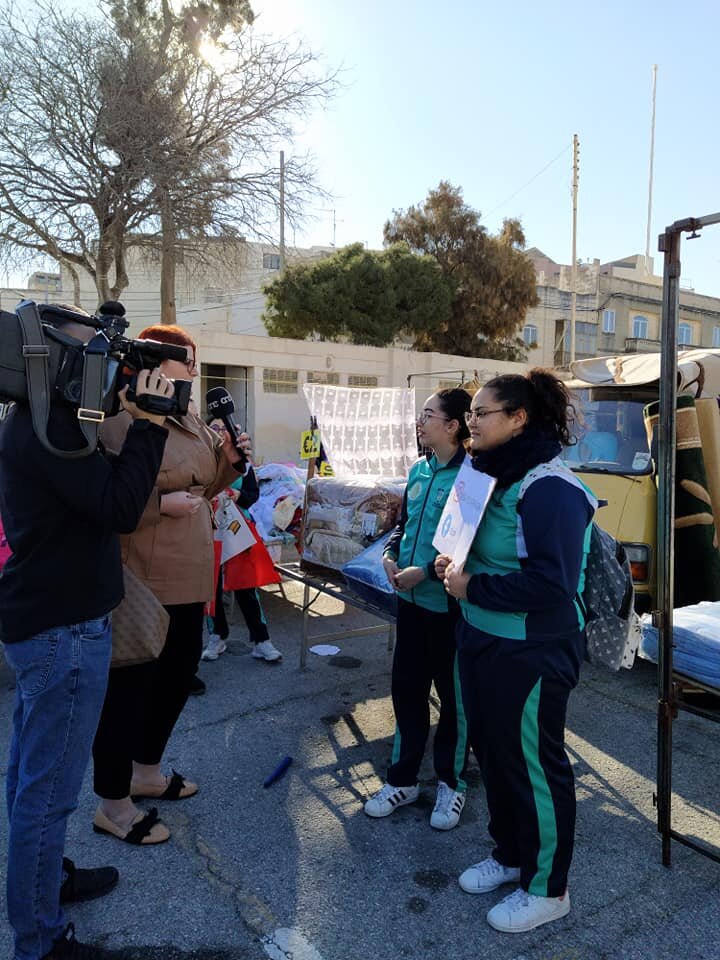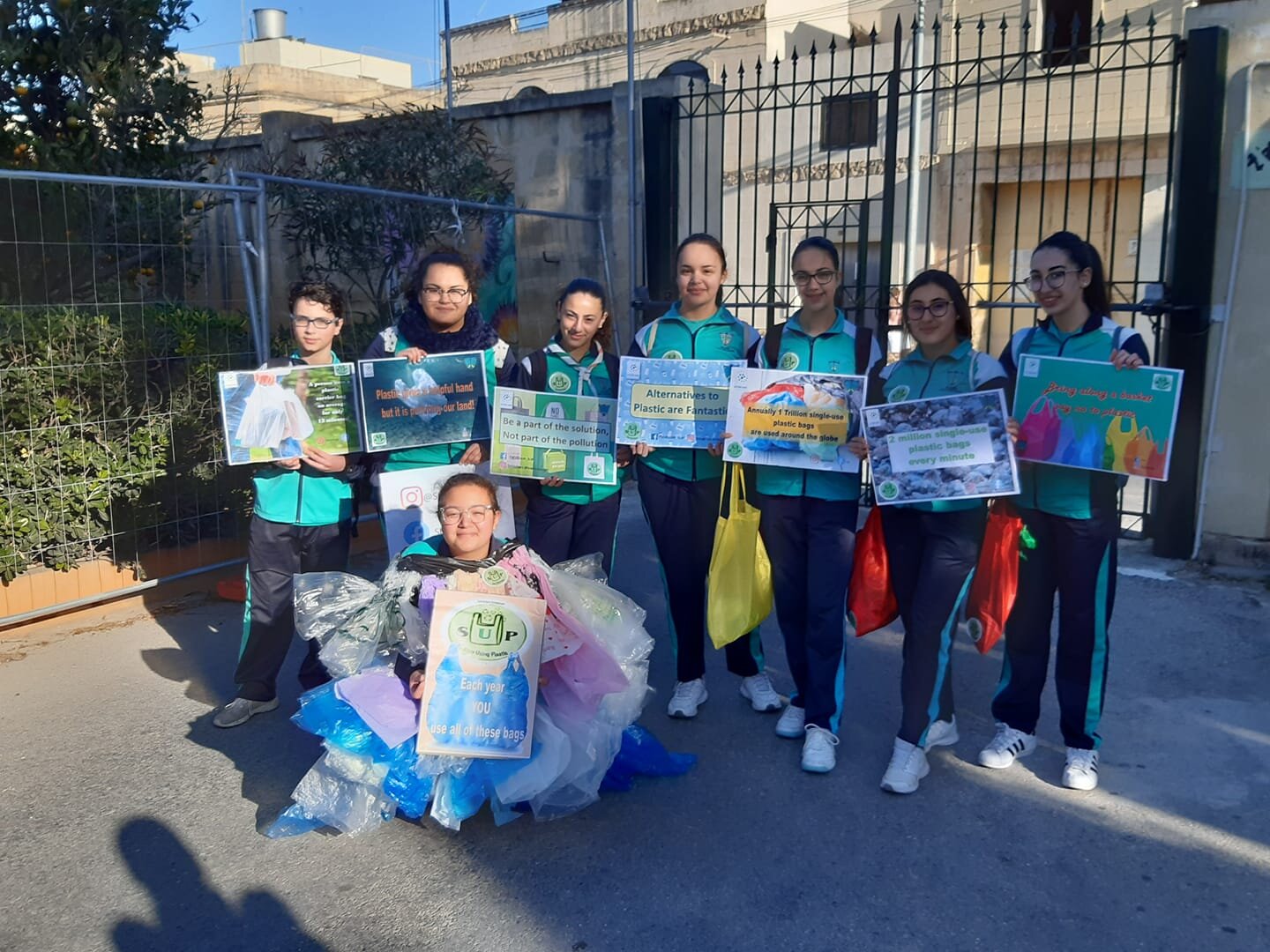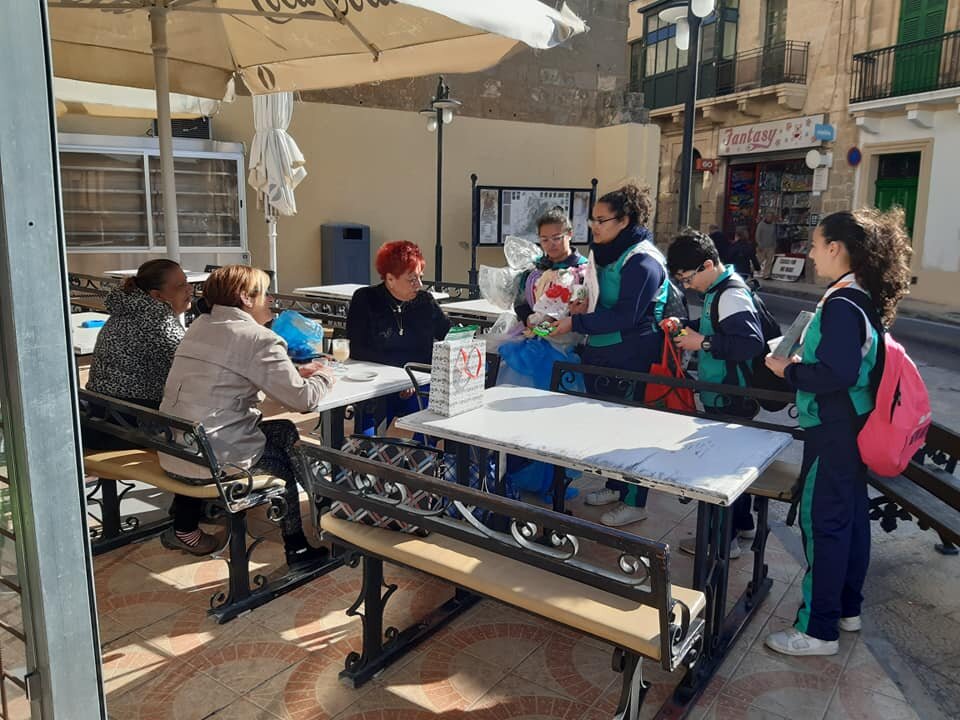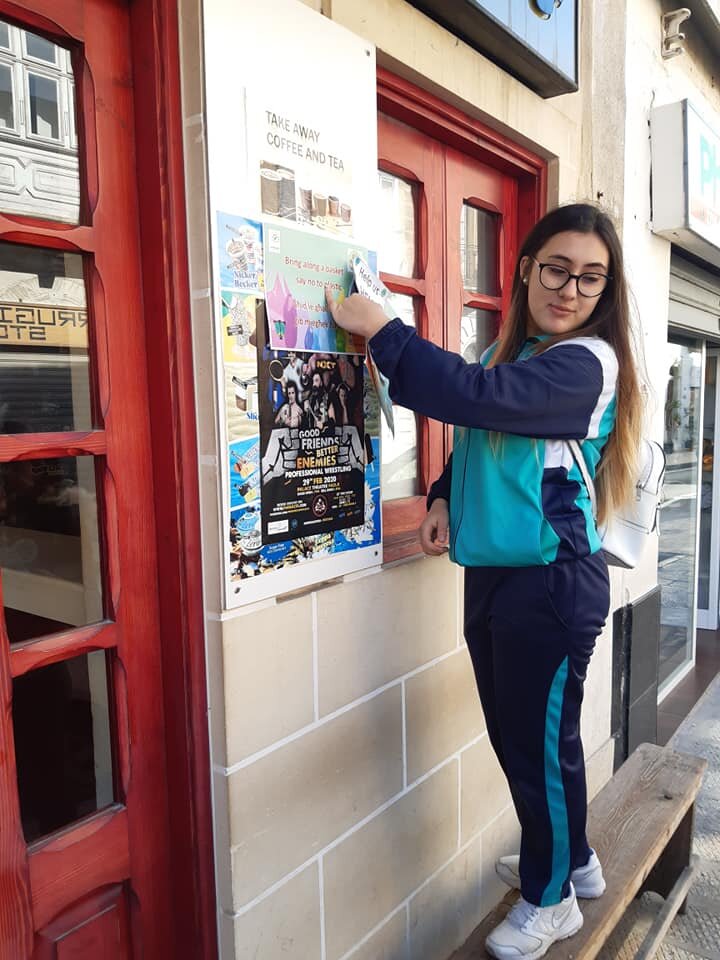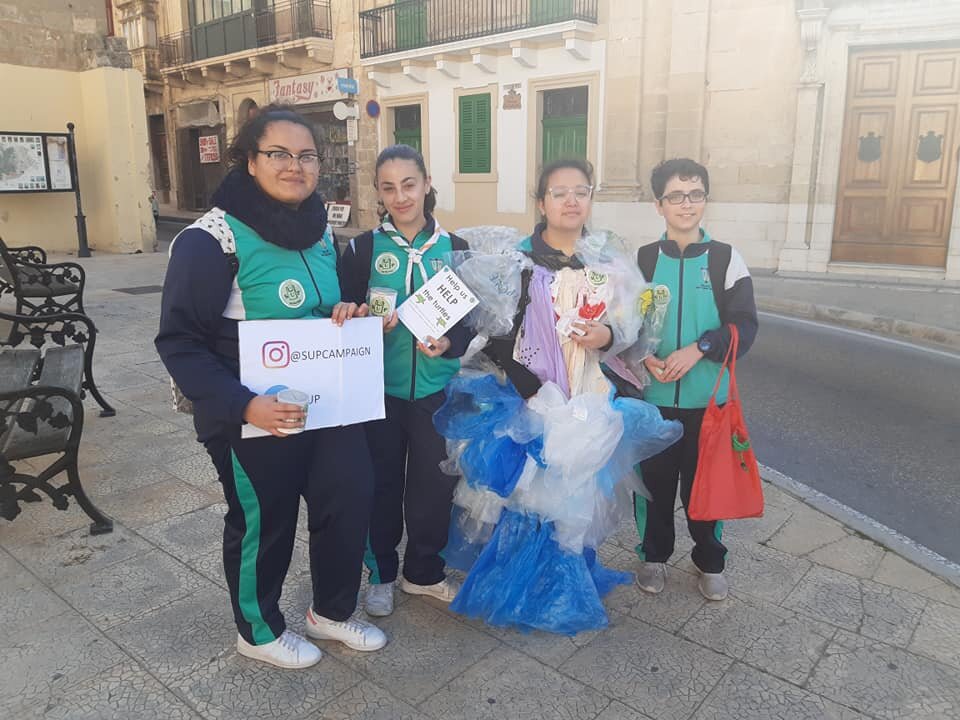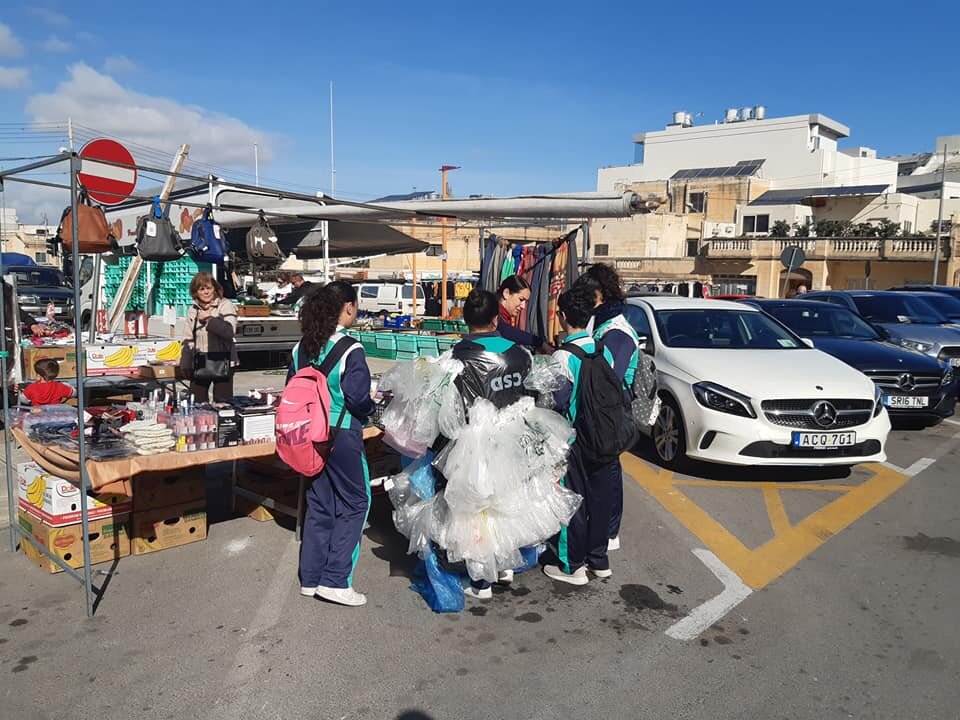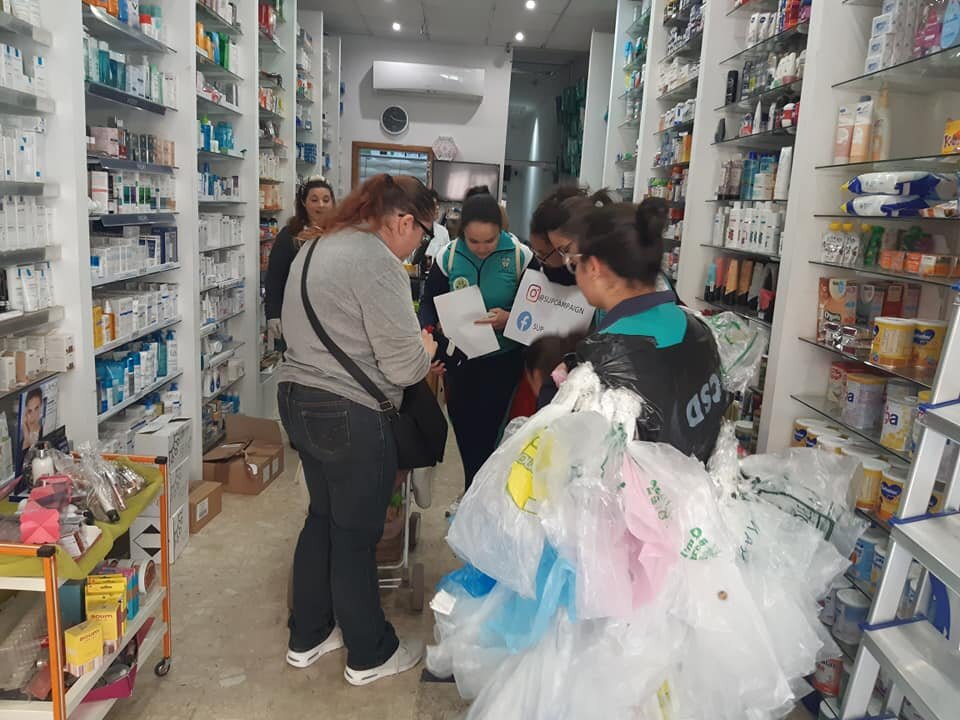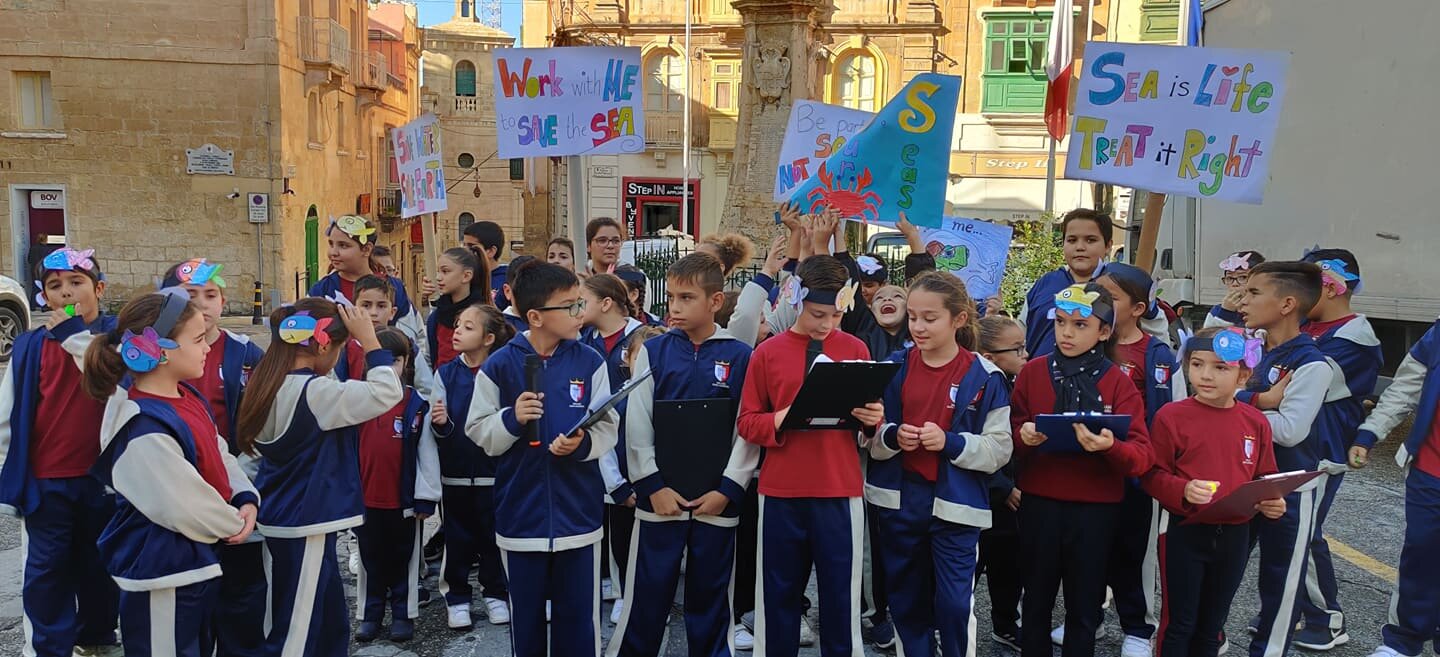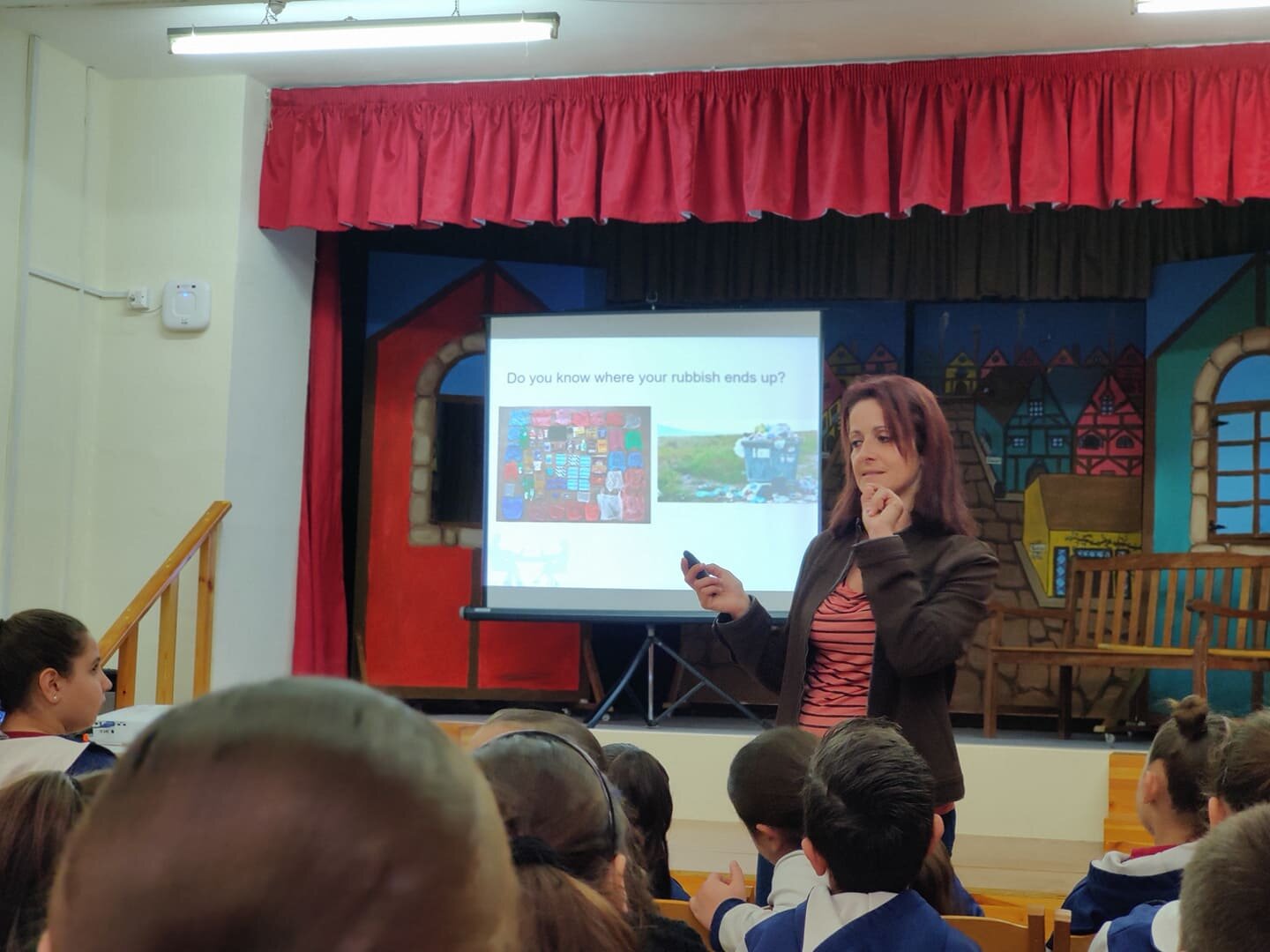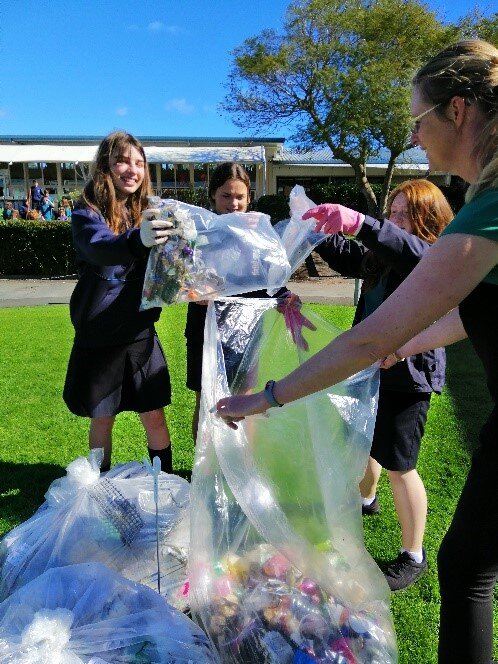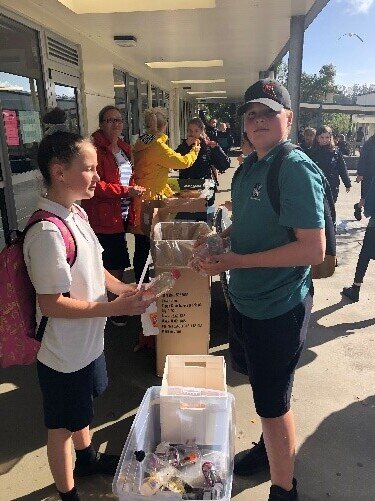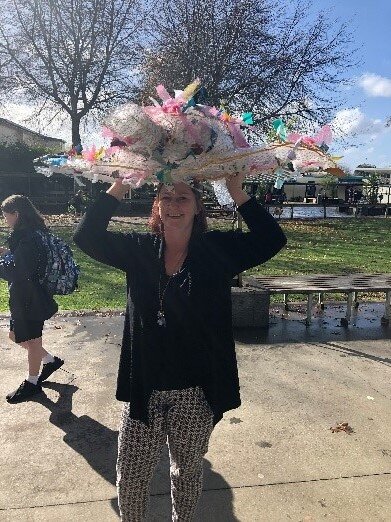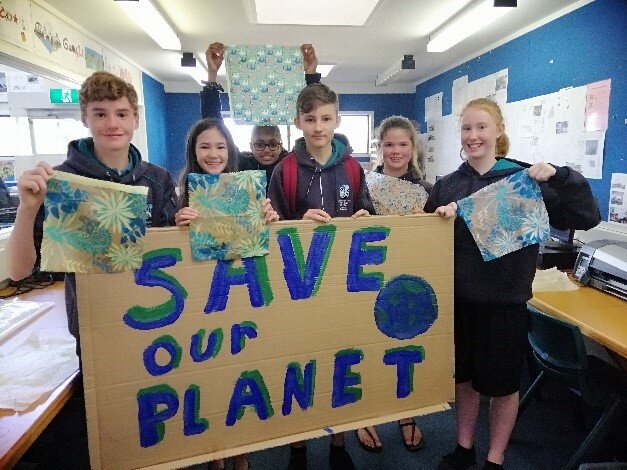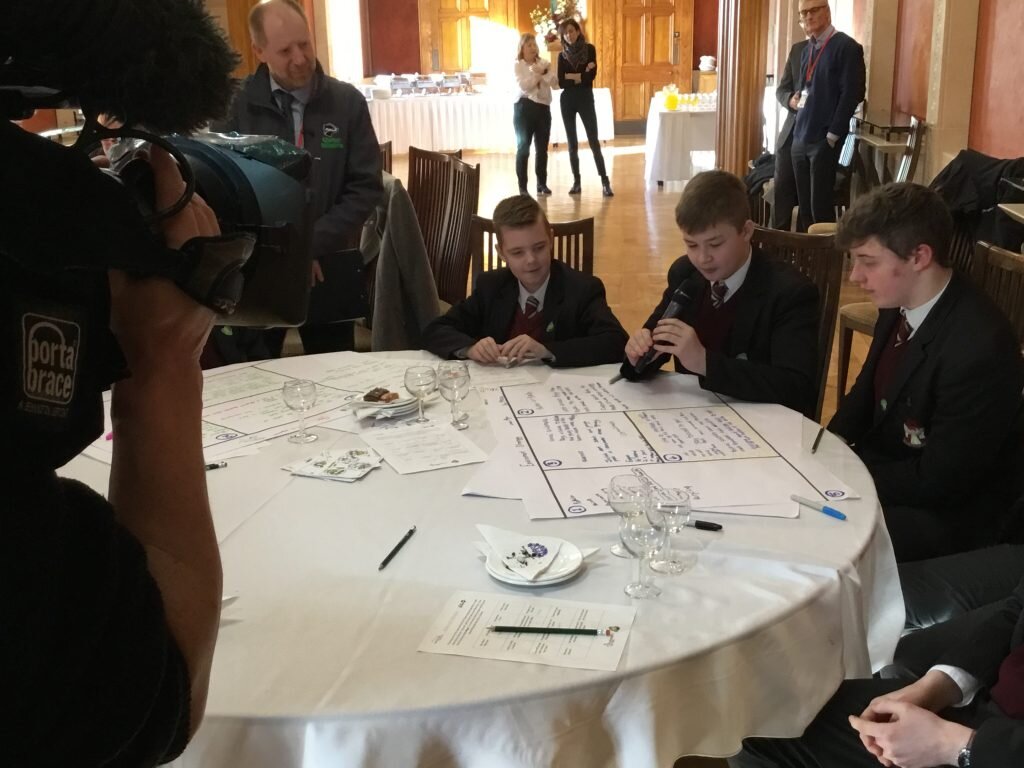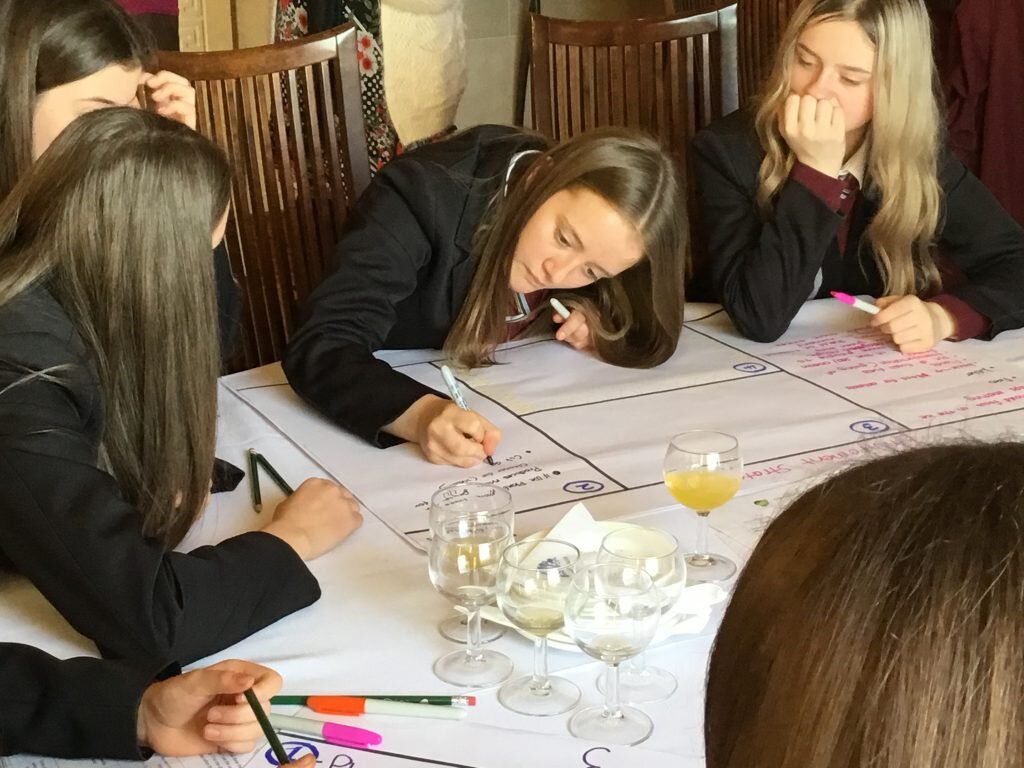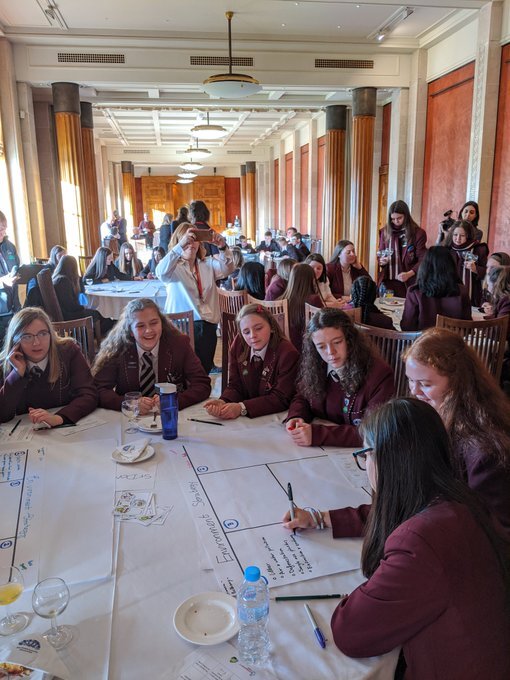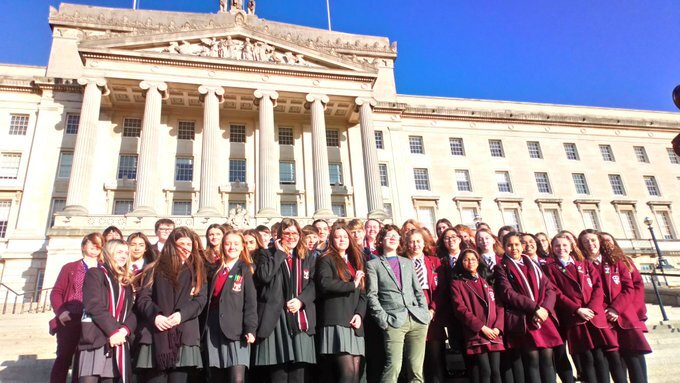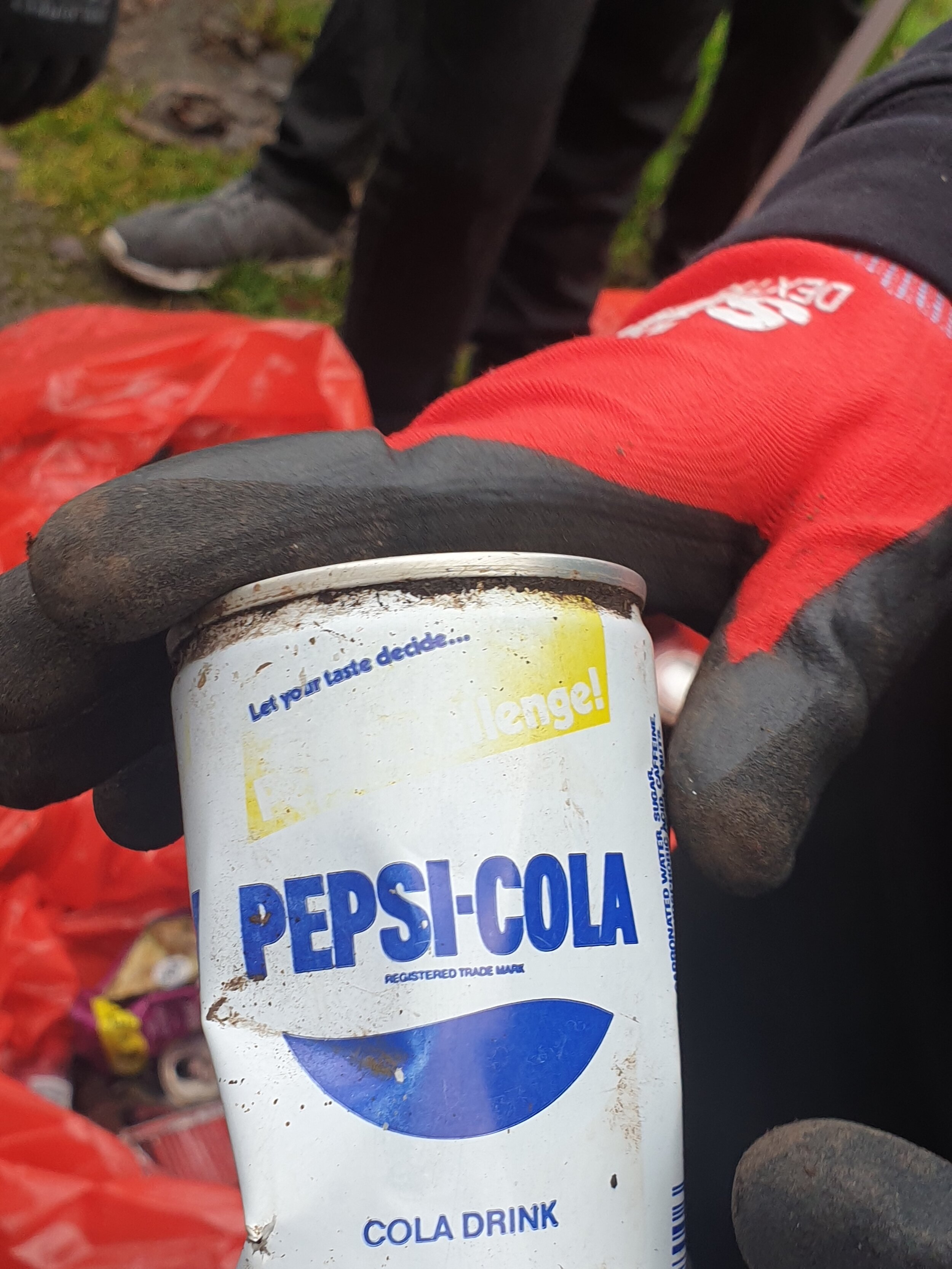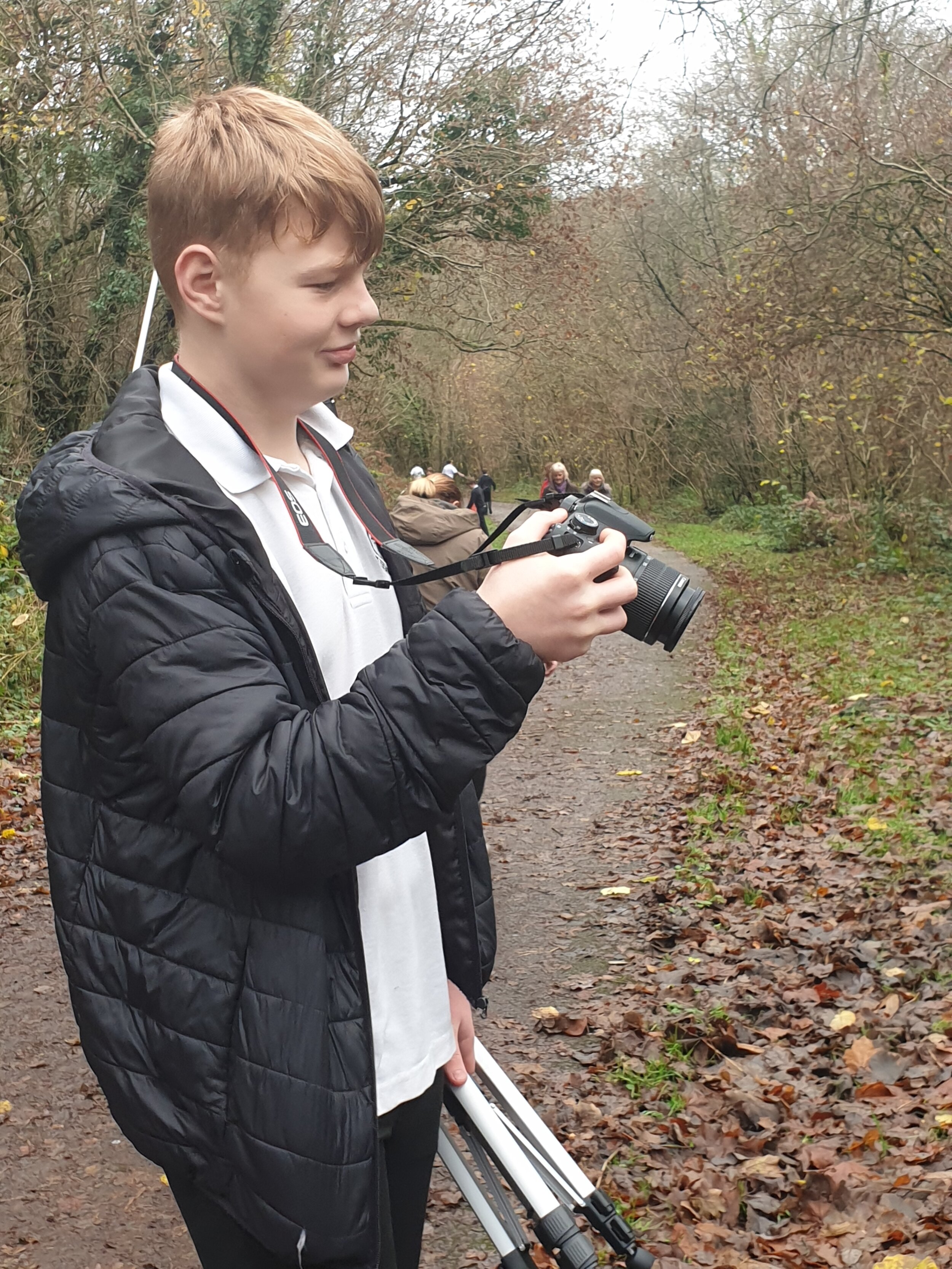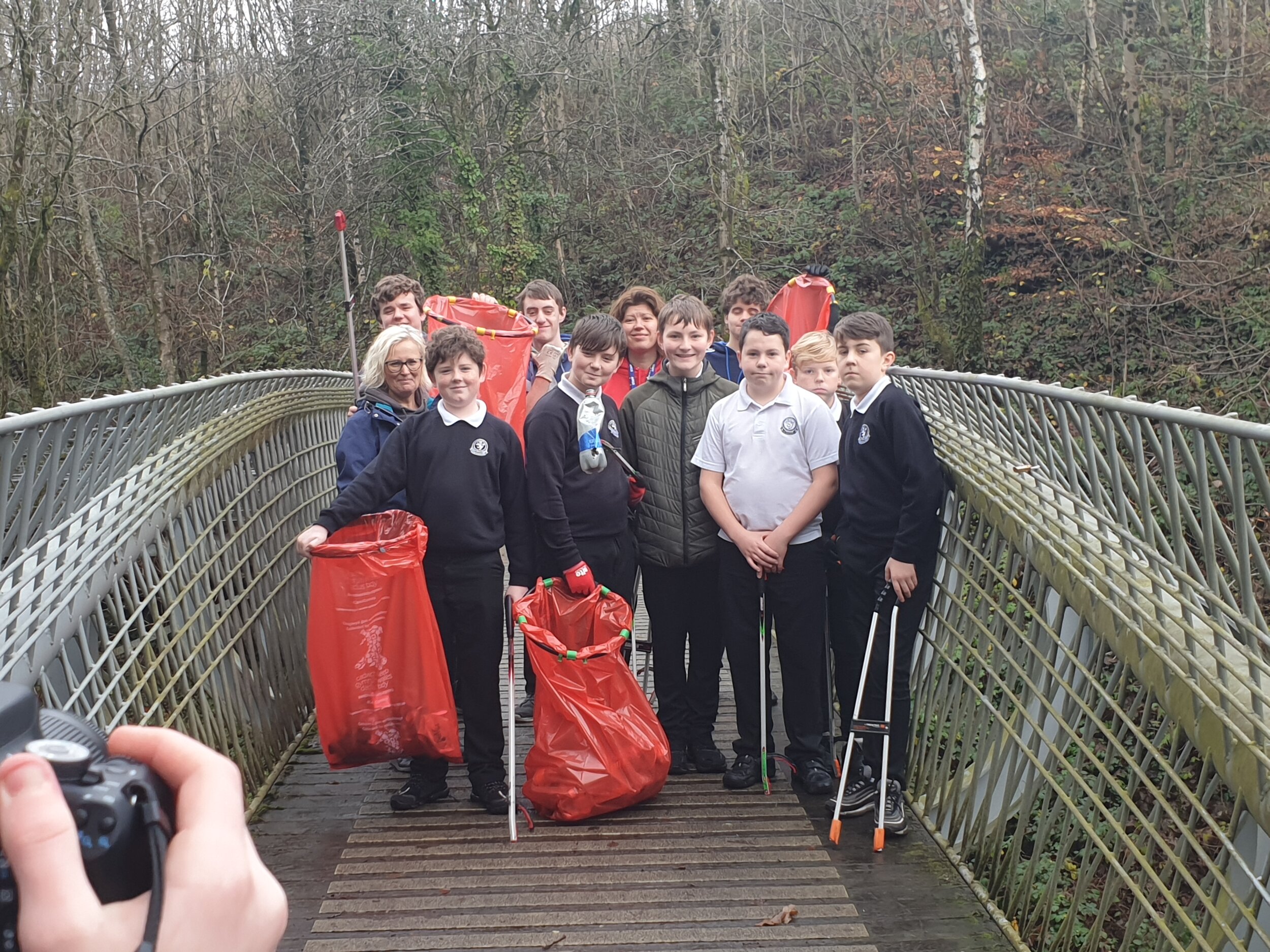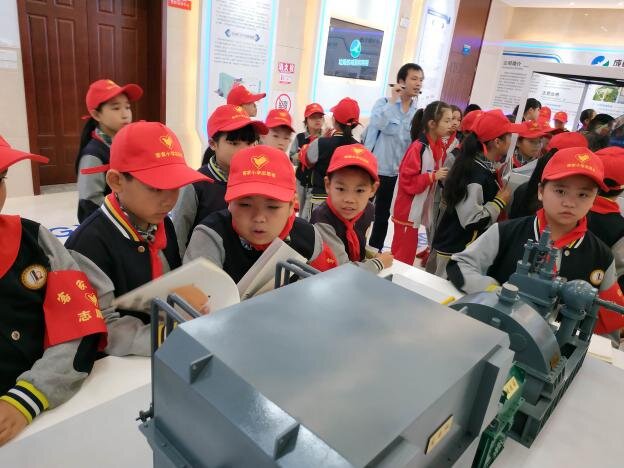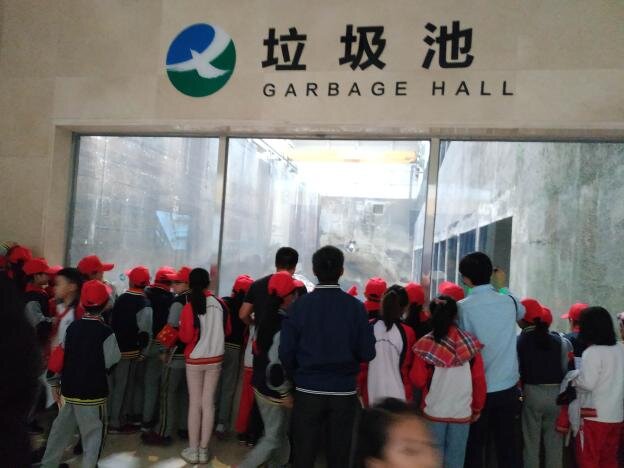During this year, St Edward's College in Northern Ireland conducted two Community Action Weeks. The first one was the launch of their Litter Less Campaign - reducing food waste and using paper waste to make compost at school. The second one was reducing Christmas waste and litter - informing the community on what they could do to have a sustainable Christmas. They regularly post on their Facebook page and share with the whole community of parents, students and surrounding schools!
“This week's Compost It Update!- Every day our Eko-Skola students are collecting the organic waste from the Nursery, Kg 1 and Kg 2 classes- The food waste is weighed and listed in an Excel Sheet for later data study. However we were encountering some issues which we hope to solve in the next few weeks:- We were putting too much organic material which will create Nitrogen- We needed to balance it out with more Carbon rich waste..To help our Compost Bin out we:= added more dry material in the form of shredded paper. = Adding some dry leaves when available (as not it started to rain frequently!)= we also added some worms to our Compost Bin. We mainly found grubs but they should also help out.. Thanks to this project we are learning loads of new things! We are also 'experimenting' and doing research. Any experts who are willing to help us out are welcome to message us!”
San Gwann Primary School is currently doing a campaign on the use of single use plastics. As part of their community action day, they shared the release of the turtles they had adopted, and reminded everyone of the importance of keeping our seas clean!
“The 28th December was a great day for two turtles, Ashley and Mayo. They were released back to the sea and they will spend the New Year at home. After spending more than 2 years in the rehabilitation centre, Mayo finally went back home. Mayo is a 28-year-old male turtle. He had ingested 2 hooks and metres of fishing lines and had an infection. Ashley was found in July with an infection and couldn’t dive. Now they are strong enough to be set free once again. Ashley and Mayo were lucky that they were saved but it would have been better if we hadn’t dirtied the sea in the first place. So think twice before you leave your litter lying around (especially plastic) because it always ends up in the sea and it’s creatures like Ashley and Mayo get hurt.”
As part of the Christmas campaign they also released a video in the community - emphasising that we can enjoy Christmas without damaging the environment:


